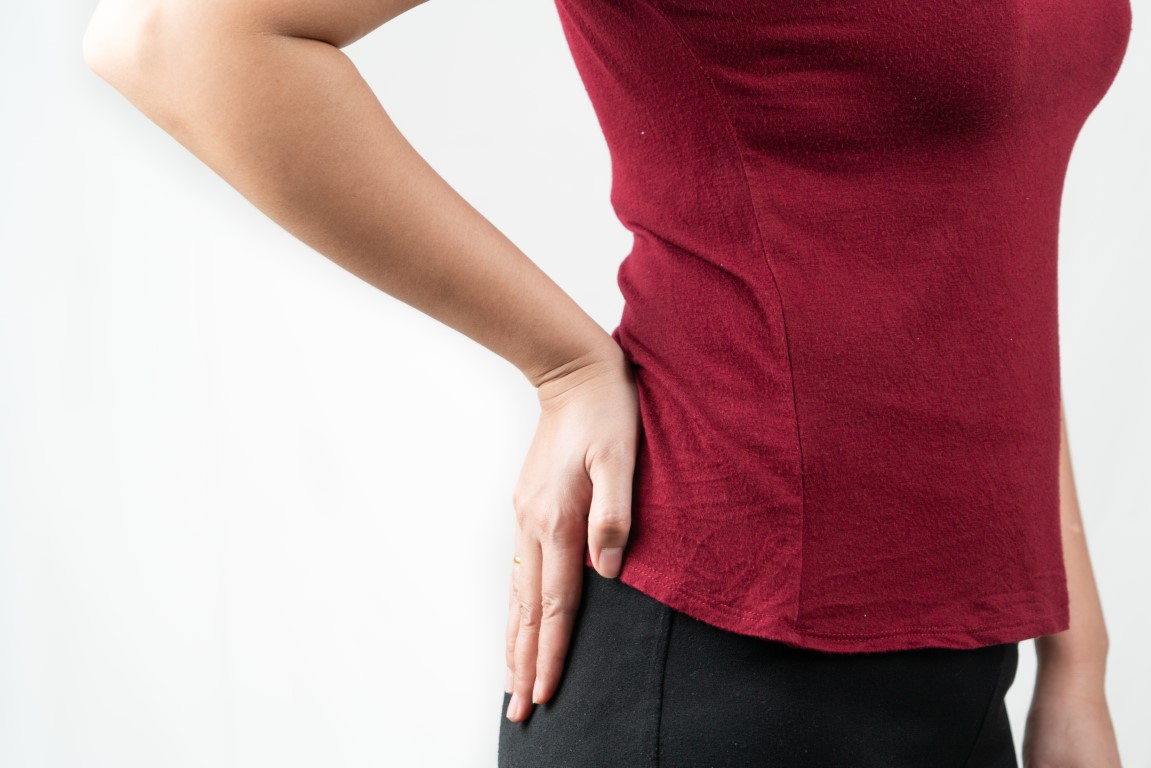Pelvic Health Physical Therapists are specifically trained in evaluating and treating musculoskeletal disorders of the pelvis that may occur to women throughout their lifespan, with a specialized understanding of their physiological differences and the impact that hormones have on their condition and recovery. This includes treating females of all ages, from young girls to postmenopausal women.
Young and elite female athletes are prone to foot, knee, hip, and back pain that can limit their performance due to pubescence and their growing pelvis. They are also at risk for experiencing urinary incontinence with running, sports, and weight lifting that may be associated with dysfunctional breathing patterns and core instability. A Women’s Health Physical Therapist understands how to look for these problems and address them to allow for faster recovery and return to sport.


Pregnancy, labor, and delivery place an enormous strain on a woman’s body, and may result in lower back dysfunction, pelvic pain, pelvic organ prolapse, lower abdominal pain, scar tissue pain, pain with sexual intercourse, or urinary and fecal incontinence that can be screened for and treated in both the prenatal or postpartum phase by a Women’s Health Physical Therapist.
Physical changes following menopause can increase a woman’s risk for developing heart disease, sarcopenia, osteoporosis, and changes in bowel and bladder function, such as incontinence, that can lead to falls and a decline in health. A Women’s Health Physical Therapist can screen for risk factors, provide education on safe exercise prescription, and work on lifestyle modification to improve quality of life.
Pelvic dysfunction and pain is a common and under-diagnosed problem in women of all ages, whether it be due to stress, childbirth, hormonal changes, or surgery. Pelvic floor physical therapy can help to improve the health and stability of the pelvis to eliminate pain, incontinence, and dysfunction, often preventing the need for surgery or medication.
A Women’s Health Physical Therapist can perform external and internal pelvic examinations to help identify the root cause of the underlying pelvic pain and dysfunction in order to restore wellness. Therapy involves treatment of the pelvic floor muscles, connective tissues and joints of the lower back, abdomen, and hips, and nerves and organs of the pelvis.
Manual therapy techniques can be performed externally, and if tolerated, internally vaginally or rectally, along with education, exercise prescription, alignment correction, kinesiotaping, dry needling and cupping, breathing exercises, lifestyle modification strategies, and pain science to reduce pain, restore mobility, improve balance and strength, and enhance quality of life. Internal treatments are only performed with the consent of the patient. Therapy can still be performed without having to do internal work, although, with many pelvic floor issues, internal assessment and treatment of the pelvic floor muscles is a direct way to affect change to the muscles and tissues.

Pelvic Pain: Pelvic pain is considered pain below your belly button and above your legs, and is often experienced in and around the vagina. Common signs and symptoms of pelvic pain can include pain with wearing certain clothing, prolonged sitting, intercouse, a sense of heaviness, pulling, and/or fatigue, and changes in urination and bowel movement.
At Specialized Orthopedic Physical Therapy, we understand the intimacy of treating pelvic floor pain and dysfunction and other issues specific to women. Our Physical Therapist offers Women’s Health services by providing one-on-one care and customized treatment programs in a comfortable environment. Our goal is to provide you with compassionate expert care in a therapeutic atmosphere with plenty of patient education, so you’re at ease right from start to finish.
